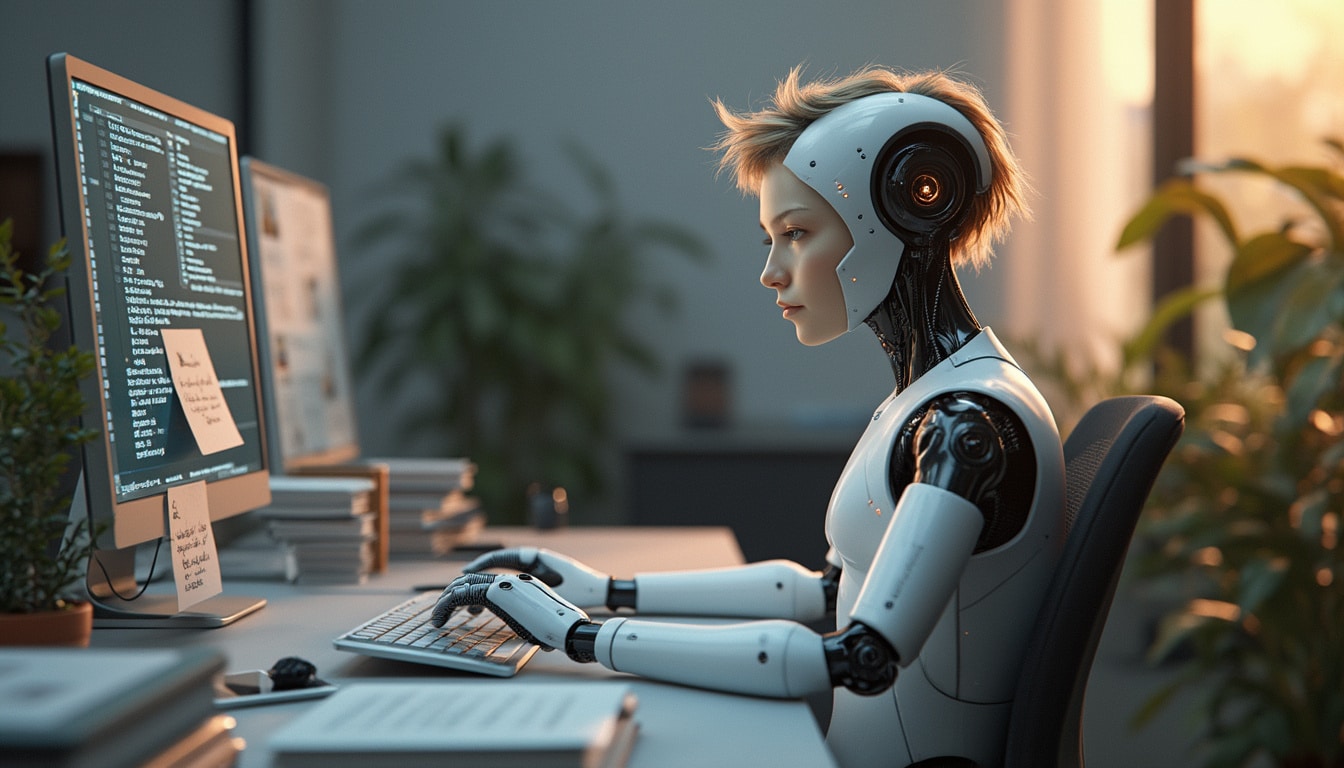In a groundbreaking moment for the tech and science communities, a Google AI has just claimed the prestigious Nobel Prize in Chemistry. This remarkable achievement marks the victory of the AlphaFold AI model, developed by the brilliant minds at Google DeepMind, including the renowned Demis Hassabis and John Jumper. Their innovative work on predicting the intricate structures of proteins, a puzzle that has stumped scientists for decades, has opened new horizons in the field of biochemistry. The implications of this win are stirring conversations about the future of artificial intelligence and its role in scientific advancement.

In a groundbreaking achievement, Google DeepMind has once again made headlines by bagging the prestigious Nobel Prize in Chemistry 2024. This accolade was awarded to Demis Hassabis and John Jumper for their remarkable AI tool, AlphaFold, which has made significant strides in understanding the complex structures of proteins. This victory not only showcases the potential of AI in scientific discovery but also ignites a vibrant discussion about the role of technology in traditional scientific fields.
Table of contents
ToggleThe Significance of the Nobel Prize
The Nobel Prize is a representation of excellence in various fields, and the Chemistry award is coveted among scientists worldwide. The recognition of an AI-driven innovation reflects a shift in the scientific community’s perception of artificial intelligence as a legitimate contributor to research and development. This landmark event indicates that machine learning and AI can effectively participate in breaking down long-standing scientific challenges.
AlphaFold: A Revolutionary Breakthrough
At the heart of this achievement is AlphaFold, an AI model that has solved a problem that has perplexed scientists for over five decades: the prediction of protein structures. Proteins are fundamental to all biological processes, and understanding their shapes is crucial for advancements in medicine and biotechnology. AlphaFold’s ability to accurately predict how proteins fold has immense implications, paving the way for discoveries in disease treatment and drug development.
The Minds Behind the AI
Demis Hassabis, the CEO and co-founder of Google DeepMind, was instrumental in the development of AlphaFold. His visionary leadership and dedication to merging AI with life sciences have culminated in this honor. Alongside him, John Jumper’s expertise in computational biology has played a significant role in refining the AI model. Their collaboration embodies the fusion of computer science and biological research, showcasing how interdisciplinary approaches can lead to innovative solutions.
Debates Surrounding AI and Research
While the recognition of AI in achieving such a prestigious award celebrates progress, it also sparks debate within the scientific community. Concerns about the implications of AI in research methodology and the authenticity of scientific discovery are being discussed. Critics argue that while AI can assist greatly, human intuition and traditional research methods remain irreplaceable. Nonetheless, supporters believe that AI tools like AlphaFold represent an exciting new frontier in scientific research.
Looking Ahead
The Nobel Prize awarded to Google DeepMind heralds a new era where AI is an active collaborator in advancing human knowledge. As the use of AI continues to expand across various disciplines, the lines between traditional science and technology will increasingly blur. The future holds immense potential, with AI not only enhancing existing processes but also unlocking new pathways for scientific exploration.

🪄 Live from #GoogleIO, we’re announcing Illuminate → https://t.co/yr8s7B80mE
— Google AI (@GoogleAI) May 15, 2024
Learn your way! Illuminate uses AI to reimagine learning by transforming complex research papers into engaging audio conversations. pic.twitter.com/rA0EKQHoE8














